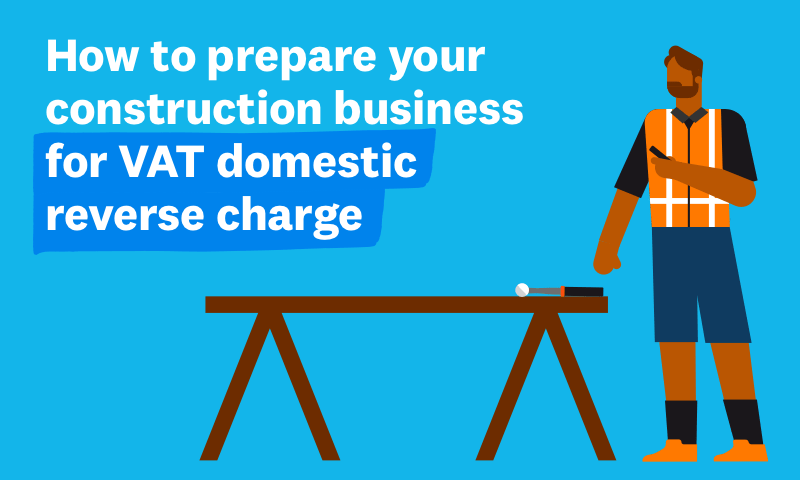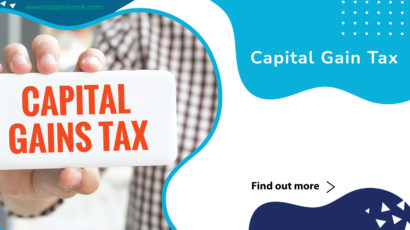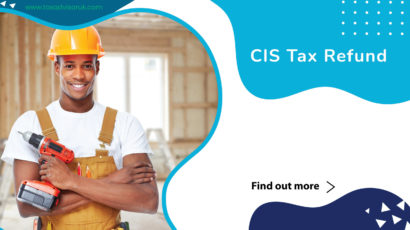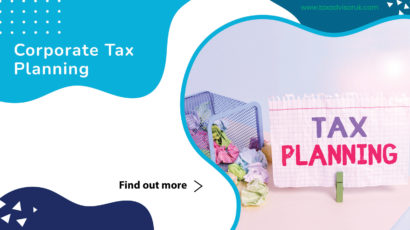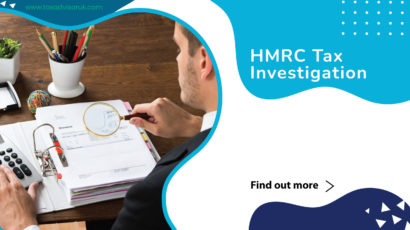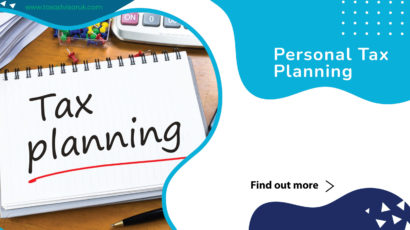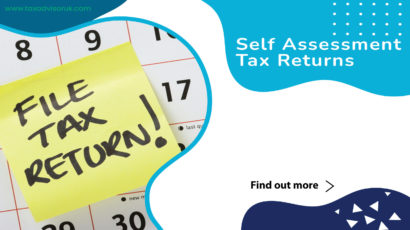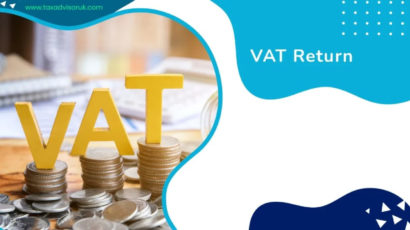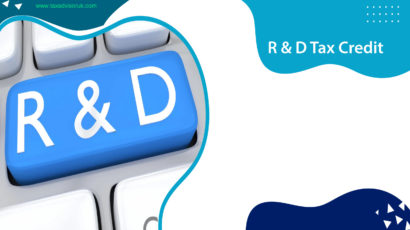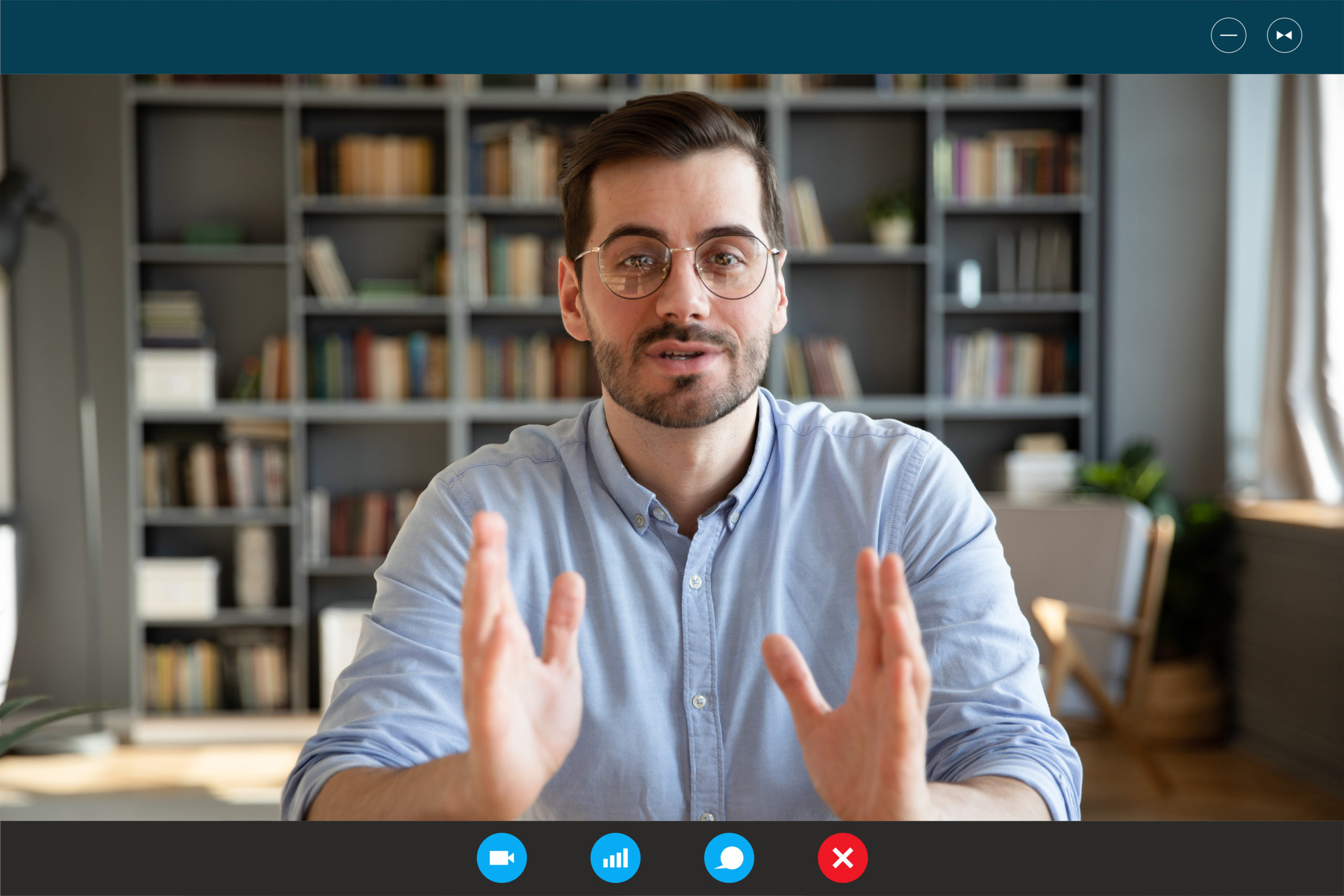The UK VAT ‘reverse charge’ will apply to VAT-registered enterprises under the Construction Industry Scheme on March 1st of this year (CIS). The measure, which is intended to combat VAT fraud in the building and construction industry, will have a significant impact on VAT compliance and firm cash flow.
Due to concerns about business readiness, the policy was originally scheduled to take effect on October 1, 2019, but was postponed until October 1, 2020. The current postponement was extended to March 2021 due to the coronavirus outbreak and Brexit.
Despite the fact that the VAT reversal charge is unrelated to Brexit, you might find our recent post on VAT adjustments since the conclusion of the Brexit transition period informative.
The VAT reverse charge: What is it?
Essentially, it means that instead of the supplier, the end-customer purchasing construction services or supplies is responsible for the VAT. The VAT is paid to HMRC directly, removing the supplier’s duty.
Keep in mind that the VAT reverse charge only applies to enterprises based in the UK that provide construction services in the UK.
What are the key conditions?
The reverse charge will be applied throughout the supply chain until the consumer receiving the service or materials is no longer involved in the building industry.
When all of the following conditions are met, the reverse charge should be applied:
- Construction services and/or materials that are VAT-eligible have been provided to a UK end client.
- There is no connection or link between the customer and the supplier.
- The VAT rate that is applied is either standard or reduced.
- The customer and the supplier are both VAT and CIS registered.
Why have the measures been introduced?
The UK Exchequer loses around £100 million per year due to VAT fraud. Unfortunately, organised criminals in the construction industry are often the perpetrators of this scam, drawn by the possibility of making an extra 5% or 20% (illegal) profit.
Unscrupulous business owners have in the past charged VAT to provide a service before neglecting to pay their VAT bill. The VAT reverse charge has the effect of shifting VAT payment down the supply chain, effectively eliminating this sort of fraud.
Reverse charge schemes aren’t new in general; they’re only new in the building industry. For enterprises like computer chip retailers, wholesale energy suppliers, and mobile phone distributors, similar ones have already been adopted.
Which services will come under the VAT reverse charge?
The VAT reverse charge will apply to any services that are a necessary part of the activities listed below, as well as any preparatory work. Among the services available are:
- Excavation that involves moving earth or clearing a location.
- Any permanent or non-permanent structure, including those deployed offshore, must be built, repaired, altered, extended, or demolished.
- Works on walls, roads, trains, aircraft runways, ports, and harbours (including upkeep).
- Installation of lighting, heating or air conditioning systems, ventilation systems, power or water supply, sanitation, drainage, or fire protection in any building or structure.
- Work on water mains, sewers, inland waterways, wells, reservoirs, pipelines, land drainage installations, coast protection, or defence (including maintenance).
- Painting and/or decorating any internal or external structural or architectural surfaces.
- Any work on electronic communications equipment or electrical lines (including maintenance).
- Building and structure internal cleaning as part of a construction, repair, extension, alteration, or restoration operation.
- In contrast to the CIS model, VAT reverse charge applies not just to the items listed above, but also to any building materials utilised directly for the job.
When does the reverse charge not apply?
If you meet the following criteria, the CIS reverse charge does not apply to you:
- The services are VAT-free.
- The client and the supplier are linked or connected in some way.
- The CIS does not cover the supplies.
A heads up for subcontractors
If you’re a subcontractor in a supply chain, VAT should be charged as usual (if the new measure doesn’t apply) or covered by the reverse charge. The invoice must not include VAT if the reverse charge is applied.
Transparency is critical when it comes to the VAT reverse charge procedure. This means that the VAT reverse charge must be clearly stated on all subcontractor invoices so that customers are aware. The amount of output VAT to be applied should also be included on the invoice (usually at the standard VAT rate of 20 percent ).
The relevant VAT amount must subsequently be included on the customer’s VAT return. Customers (or contractors in some cases) are the only ones who must do this; subcontractors should not include the reverse charge on their own VAT returns.
And what about main contractors?
When a main contractor receives a VAT reverse charge invoice from a subcontractor, it must be recorded as a normal expense invoice and input VAT must be included on the VAT return. They must also account for the reverse charge, which was disclosed on the subcontractor’s invoice.
Because the input VAT covers the output VAT, the two balance out, and a contractor’s VAT duty is unaffected.
We at The Accountancy Partnership are happy to handle all elements of contractor accounting. See our contractor accounting services for more information.
Does the VAT reverse charge for construction affect Making Tax Digital for VAT?
Making Tax Digital is concerned with the recording and reporting of VAT. VAT-registered businesses must now use only MTD-compatible accounting and record-keeping software (like Pandle, for example). Because MTD should already be in place, it’s simply a matter of digitally accounting for reverse charges as usual.
What about invoices for mixed supplies so there’s a VAT reverse charge component?
The goal of HMRC is to make the VAT reverse charge mechanism as simple as feasible. As a result, even if the VAT reverse charge is only partially applicable, it should be charged to the entire invoice.
Ignorance is definitely not bliss
Although HMRC has suggested that enforcement will be “soft touch” for the first six months, all construction sector enterprises must be aware of the new requirements. Errors in VAT returns may result in penalties, especially once the new legislation takes effect. On this subject, government guidance is available, with regular revisions planned.
How TaxAdvisor UK can help
At TaxAdvisor UK , our experts will provide you 30 minutes free consultation and help you in managing all your tax and accounting work. Speak to our expert accountants, tax advisor on (0203) 5381276 or fill an online form today. We can have a consultation session over the phone, virtual or face to face meeting and will provide you no obligation fixed quote.

